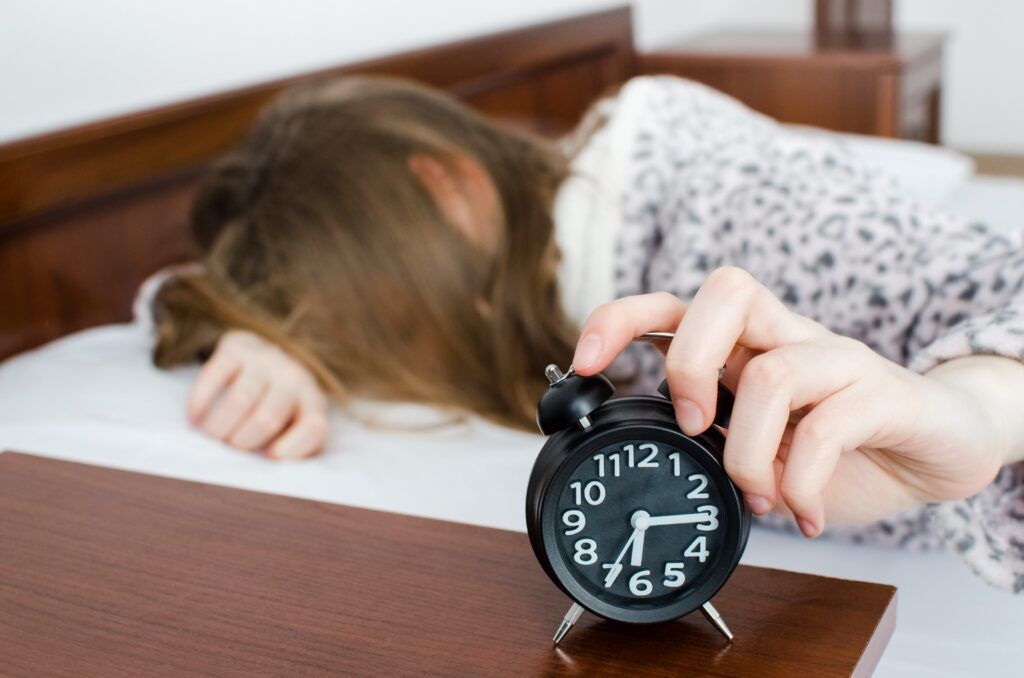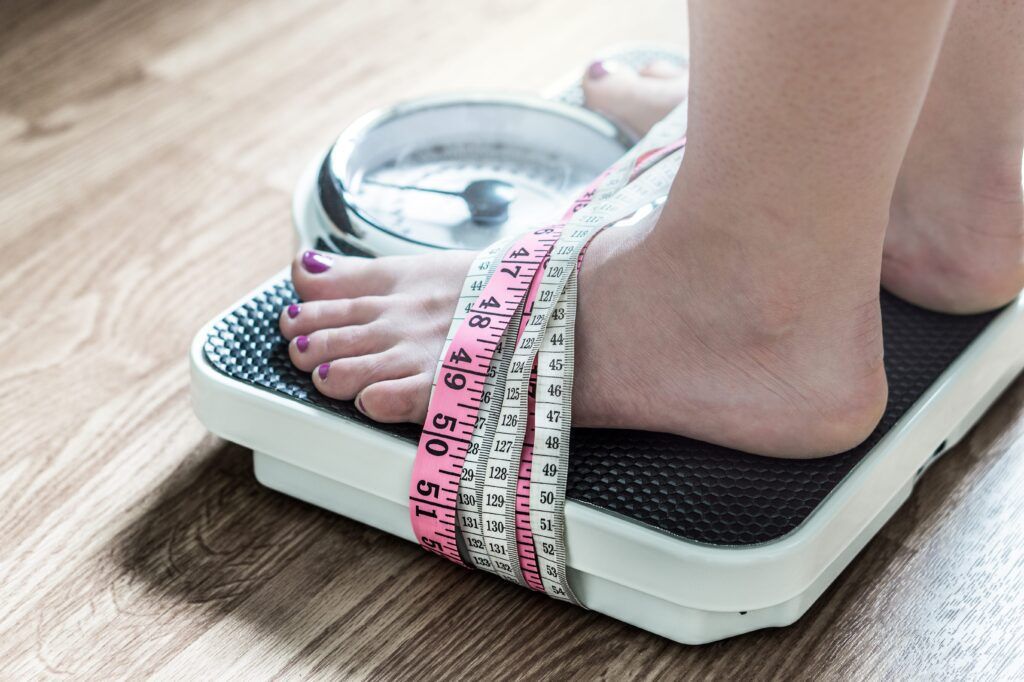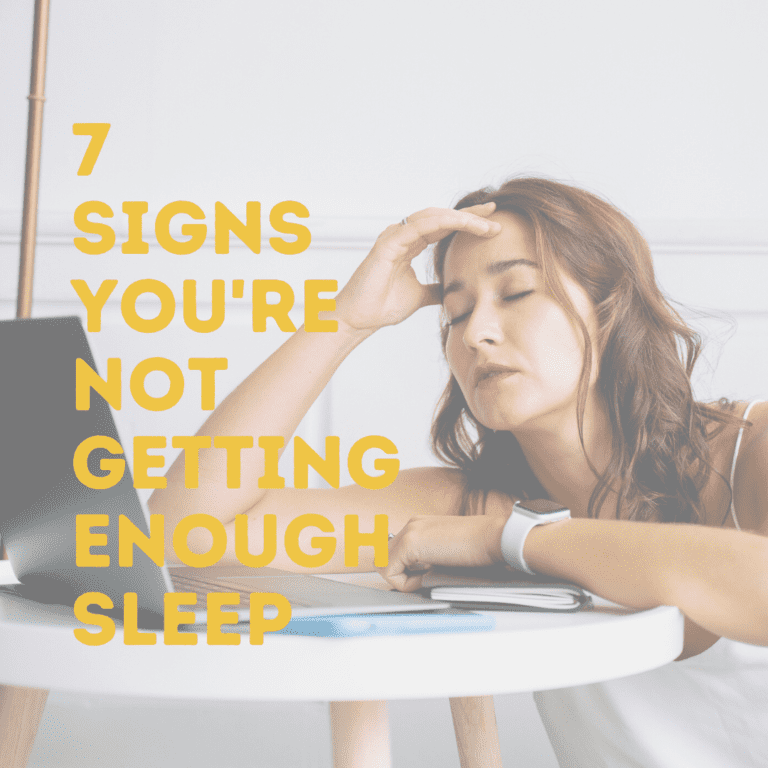Do you often feel tired even after a full night’s sleep? Are you restless at night, unable to get comfortable in bed? You may be suffering from restless leg syndrome. This condition can affect both the quantity and quality of your sleep, leaving you feeling exhausted during the day. In this blog post, we will discuss what restless leg syndrome is, its symptoms, and what causes it. We will also list 7 signs that indicate you are not getting enough sleep.
What is Restless Leg Syndrome?
Restless leg syndrome (RLS), also known as Willis-Ekbom disease, is a condition that causes an irresistible urge to move your legs. This urge is often accompanied by a tingling or burning sensation. Restless leg syndrome can occur at any time, but it is most common at night while the legs are relaxed. Around 80% of individuals with RLS also have periodic limb movement of sleep (PLMS), meaning that their legs will twitch or jerk regularly while sleeping. This can make it difficult to fall asleep and stay asleep.
Symptoms of restless leg syndrome can include:
- An irresistible urge to move your legs, often accompanied by a tingling or burning sensation
- Symptoms that are worse at night or with rest and improve with movement
- Tingling, crawling, or pulling sensations in the legs
- Daytime sleepiness
- Fatigue
There are several possible causes of restless leg syndrome. These include iron deficiency in the brain, genetics, and certain medications, such as those used to treat allergies, nausea, depression, or psychosis. Restless leg syndrome can also be a side effect of another condition, such as Parkinson’s disease or other conditions that disrupt dopamine pathways in the brain. In some cases, RLS can also be secondarily caused by neuropathy, diabetes, or kidney failure.
7 Signs You Are Not Getting Enough Sleep
Now that we have discussed what restless leg syndrome is and its possible causes, let’s talk about the signs that you are not getting enough sleep. It is recommended to get at least seven to eight hours of sleep per night, but many people do not get this much.
A lack of sleep could be caused by RLS, as well as various other sleep disorders. In any case, it is important to discuss sleep problems with a doctor. If you are experiencing any of the following, you may not be getting enough sleep:
You Don’t Feel Good in the Morning

If you are not getting enough sleep, you will likely feel groggy and exhausted when you wake up in the morning. You may also have other symptoms such as a sore throat, headache, dry mouth, or jaw pain. All these symptoms can indicate the presence of a possible sleeping disorder.
You Need Caffeine to Function
Do you need coffee, tea, or energy drinks to get through the day? If you do, it may be a sign that you are not getting enough sleep at night. While caffeine can help to improve alertness, it is not a substitute for sleep. In fact, relying on caffeine to get through the day can actually make it harder to fall asleep at night. This creates an endless cycle of poor sleep and drinking more caffeine.
You’re Falling Asleep During the Day
If you find yourself falling asleep during the day, it is a sign that you are not getting enough sleep at night. This daytime sleepiness can be caused by various factors, including an underlying sleep disorder. If you are regularly falling asleep during the day, it is important to talk to your doctor.
You’re Irritable or Have Mood Swings
If you’re not getting enough sleep, you may find yourself feeling irritable or having mood swings. In fact, studies show that people who consistently get less sleep tend to be more stressed, angry, and mentally exhausted. These symptoms can affect your work, school, and personal relationships. Not to mention feeling irritable all the time can take a toll on your emotional health. If you are experiencing any of these symptoms, it is important to discuss them with your doctor.
You’re Gaining Weight

Lack of sleep can lead to weight gain. This is because when you’re tired, you are more likely to make unhealthy food choices and crave junk food. You are also more likely to eat larger portions than usual since a lack of sleep makes it harder for your body to regulate the hormones responsible for hunger. Lack of sleep can also disrupt your body’s metabolism, making it harder to lose weight. If you are gaining weight and don’t know why, it is important to talk to your doctor.
You Have Skin Problems
If you are not getting enough sleep, you may find that you are experiencing more breakouts. This is because when you’re tired, your body produces more stress hormones. These hormones can increase inflammation and oil production, leading to more breakouts. Additionally, you may also notice that your eyes are red and puffy, or that you have dark circles or bags under your eyes.
Your Libido is Low
A lack of sleep can also lead to a low libido. This is because when you’re tired, your body produces more stress hormones. These hormones can interfere with sexual arousal and make it harder to become or maintain sexual arousal. In fact, fatigue is a common reason for low libido. If you are experiencing a low libido, it is important to talk to your doctor.
In Conclusion
There are many different signs that indicate you are not getting enough sleep. If you are experiencing any of these symptoms, it is important to discuss them with your doctor. A lack of sleep could be caused by various sleep disorders, such as restless leg syndrome. This is likely the case if you are unable to keep your legs still while at rest. Like most sleep disorders, there are treatments available for restless leg syndrome to help alleviate symptoms and allow you to get a good night’s sleep. Getting a good night’s sleep is essential for your physical and mental health. Don’t wait until you’re exhausted to get help! Call our office today for more information.

Dr. Kashouty, a diplomate of the American Board of Psychiatry and Neurology (ABPN), practices general neurology with fellowship trained specialization in clinical neurophysiology. Dr. Kashouty finds the form and function of the nerves and muscles the most interesting part of neurology, which is what led him to specialize in neurophysiology with more emphasis on neuromuscular conditions. He treats all neurological diseases, but his main focus is to treat and manage headaches, movement disorders and neuromuscular diseases.




